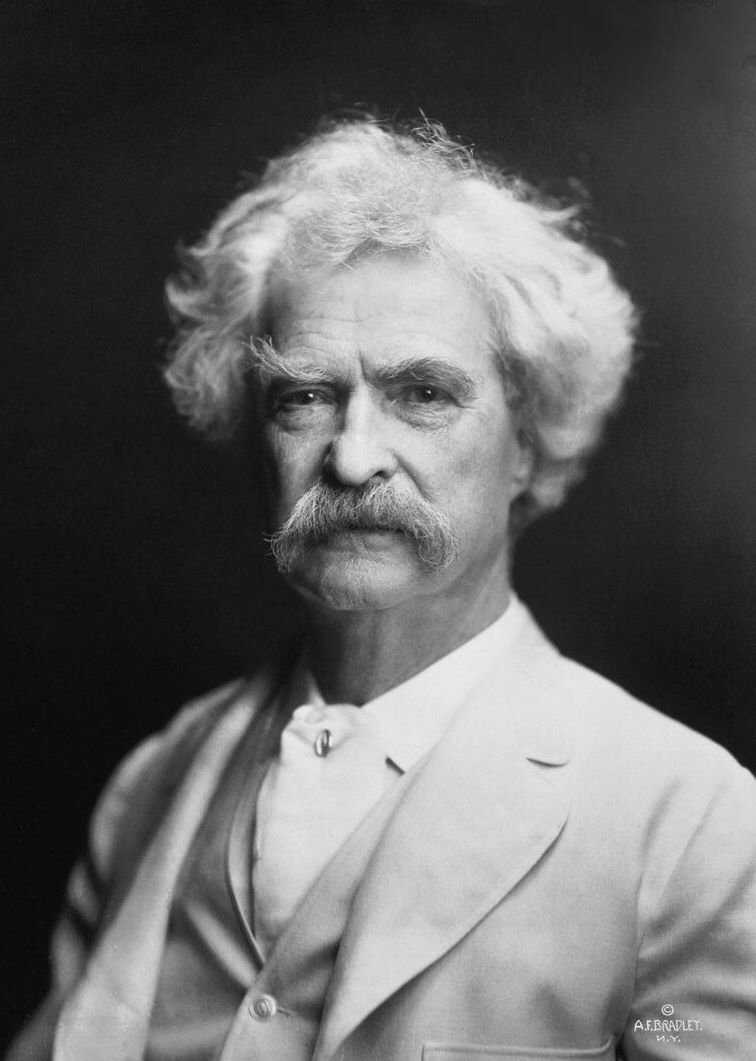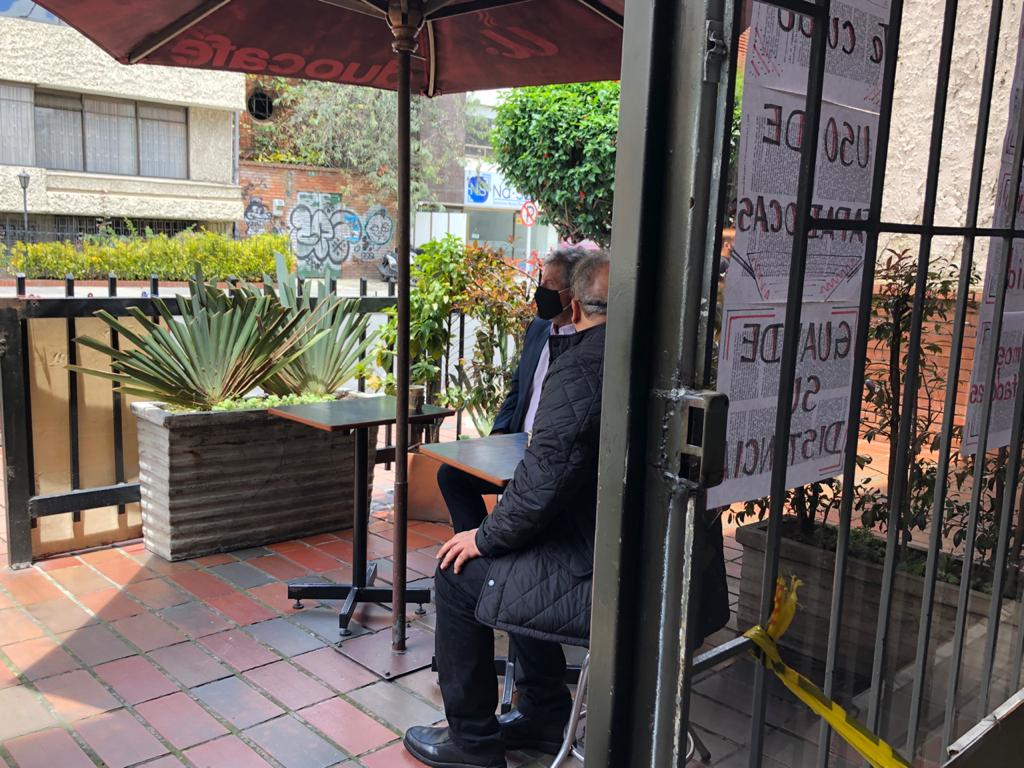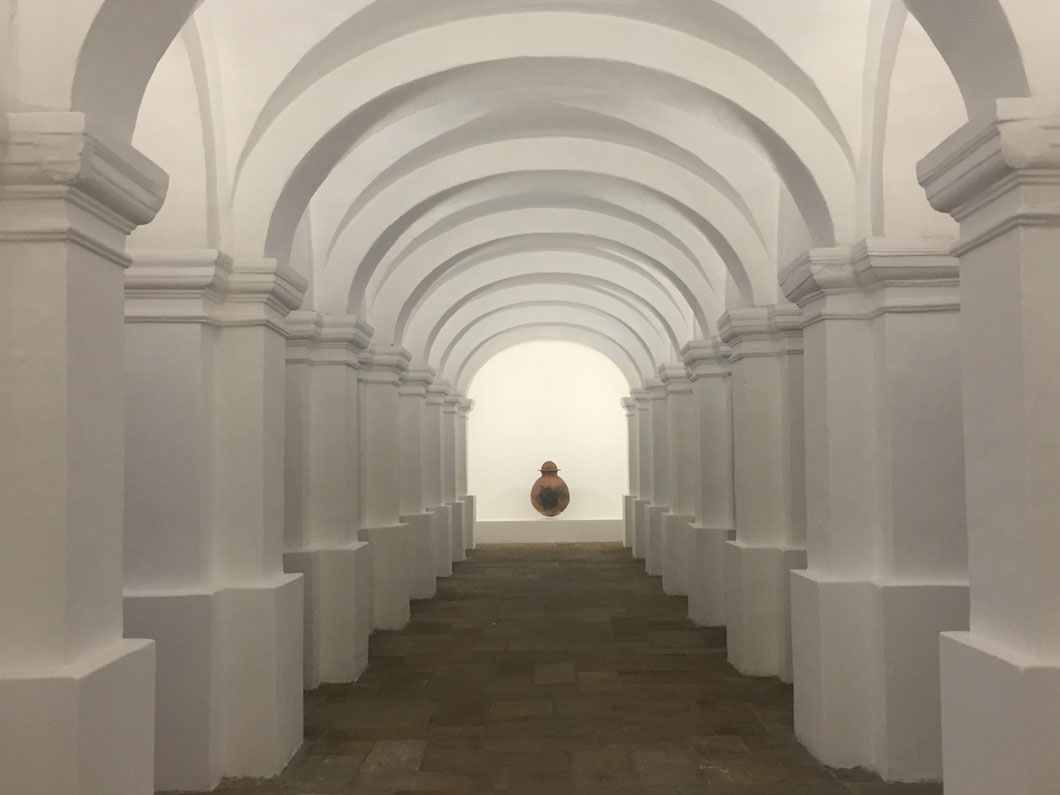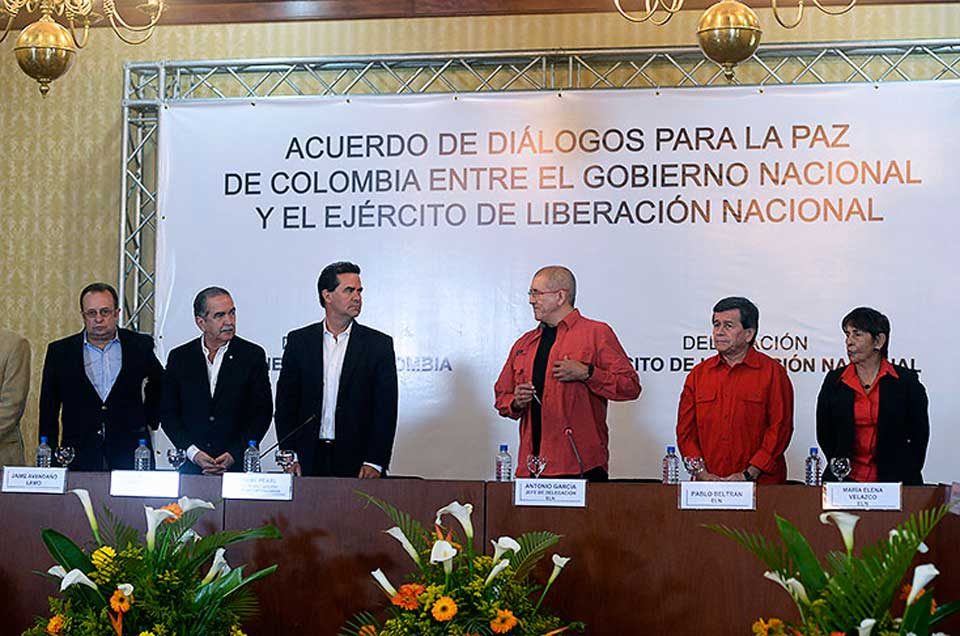
The proposed metrocable will be similar to the one seen here in Medellín.
Plans for the Bogotá metro and metrocable are in disarray as civil authorities and city leaders release mixed messages
Many Bogotá transport infrastructure plans are on hold, including the city’s metro and metro cable, as the government freezes project finances, seeking clarity on the new administration’s plans.
The National Development Fund (FDN) has suspended the tender process for the city’s metro until February 2016.
Twitter-trigger happy outgoing mayor Gustavo Petro broke the story on November 8, tweeting, “The government have suspended the final structuring process for the construction of the city’s metro system”.
He then attempted to mobilise citizens under the hashtag #MetroYa, saying “Bogotá can’t allow the metro to be taken away from it”.
Simón Gaviria, the FDN boss, confirmed that the process had indeed been delayed, but reiterated the government’s desire to deliver a metro system for Bogotá, citing the commitment to provide COP$9.65 billion in funding.
Mayor-elect Enrique Peñalosa tried to re-assure the public. “We will have a public transport system of such quality that even those who have a car will prefer to use it to go to work.”
Meanwhile El Tiempo featured a wide ranging interview with William Camargo, director of the Institute of Urban Development, who questioned Peñalosa’s plans to build an elevated metro system.
He said that technical discussions for the subway had been completed but no ‘robust’ study had been carried out for the elevated one.
Metrocable
Camargo said that the plans and designs for the metrocable line are 17 percent complete, and that construction is expected to begin in March next year.
Originally planned to open in June 2016, the new line is now slated for completion in the second half of 2017 and will cost COP$164 billion. The cable promises to transport 3,600 passengers per hour and connect 300,000 residents of Ciudad Bolívar with the Portal Tunal Transmilenio station.
Petro has called on Peñalosa not to discard years of work and investment.
“I am calling on the mayor to see reason, and not to throw away projects of this magnitude on a whim, especially when the beneficiaries would be millions of people who currently suffer daily in buses and could travel with dignity in the best in mass transit that human technology has created so far: the subway,” he said.





